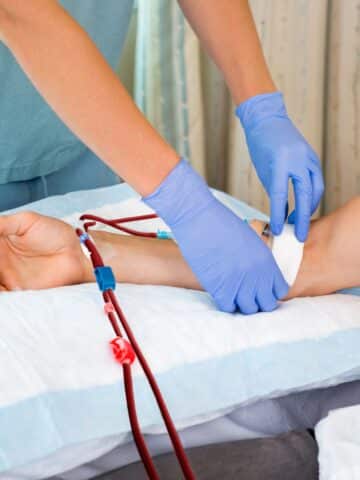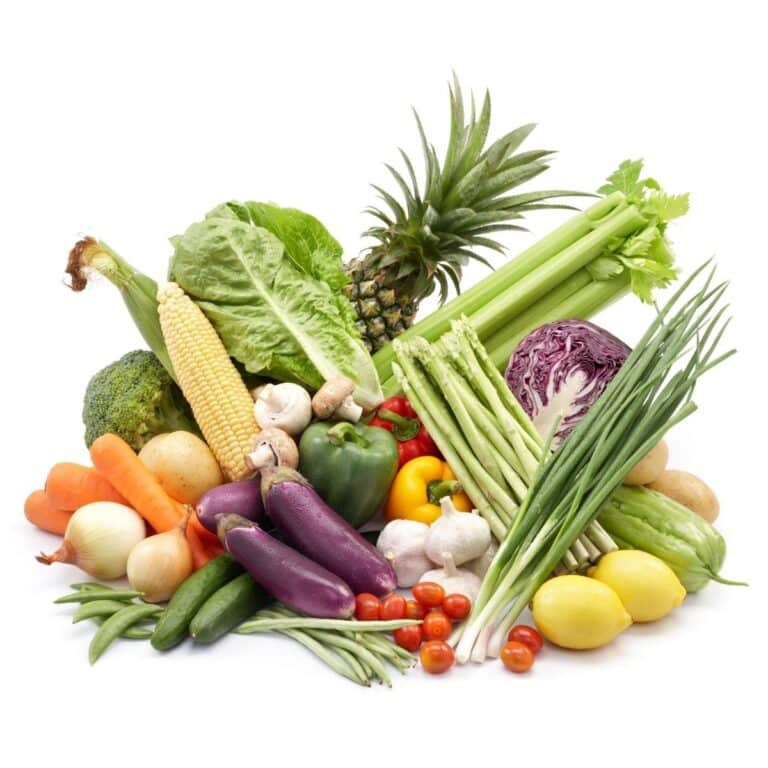Renal Diet And Alcohol
With an ever-growing number of people having to manage kidney disease, it is important for them and those who care about them to understand the impact that alcohol can have on their overall health.
When dealing with a chronic condition like chronic kidney disease (CKD), understanding how various lifestyle factors affect our wellbeing becomes even more vital. This article will explore the effects of consuming alcohol while following a specialized renal diet and provide tips for making healthier choices when it comes to drinking.
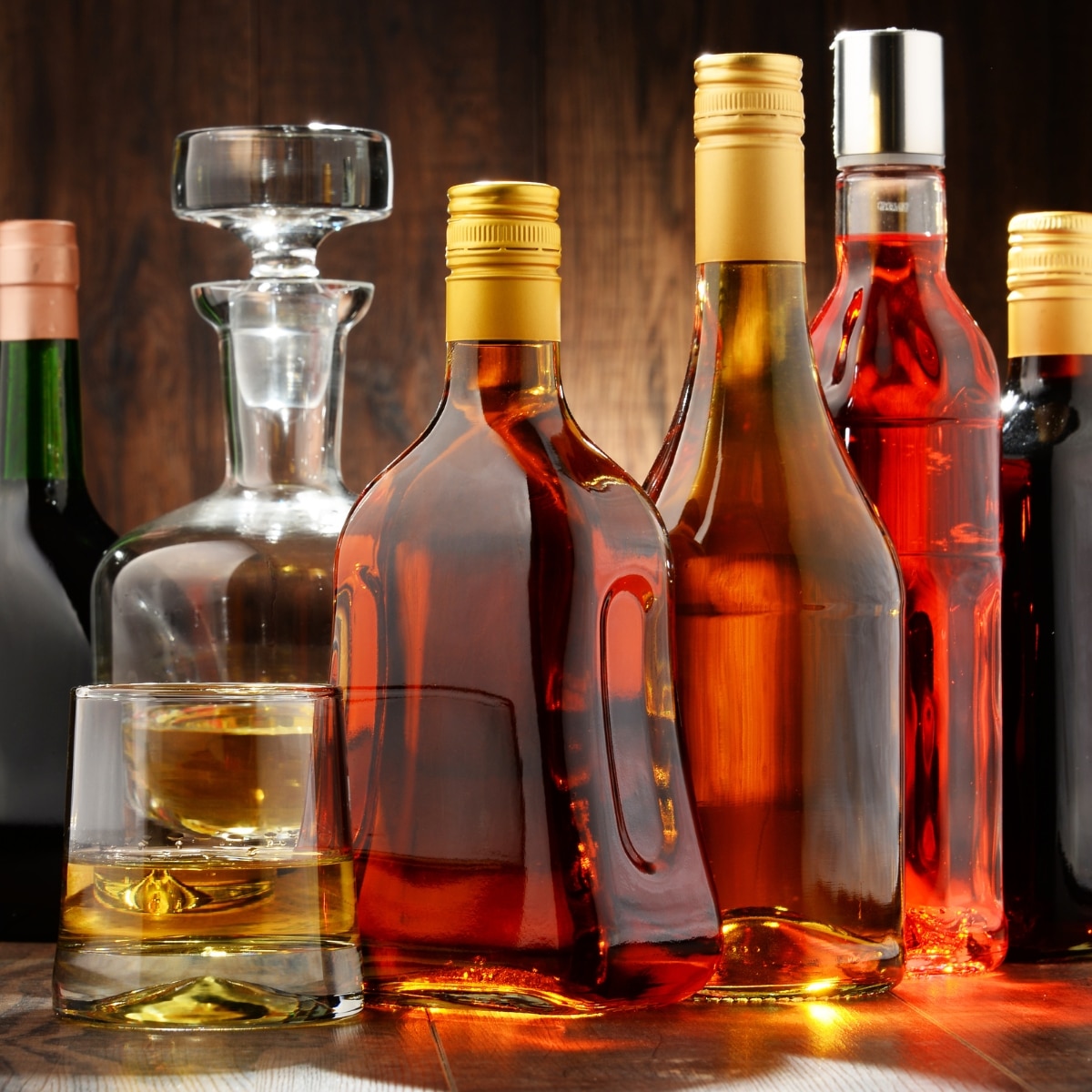
It's no secret that many of us enjoy indulging in an occasional glass of wine or beer, but what might be surprising to some is just how much damage these seemingly harmless beverages can cause.
Not only do they contain high levels of sugar which can be detrimental to someone with compromised kidneys, they also interact with certain medications prescribed by doctors as part of treatment plans.
In addition, excessive consumption has been linked to numerous long-term health problems such as hypertension and liver cirrhosis.
At the same time, however, there are ways for individuals living with kidney disease to still enjoy alcoholic drinks and occasional social drinking without compromising their well being entirely.
By changing up a few key elements such as opting for lower calorie options and moderating intake accordingly, one can effectively reduce any potential risks associated with consuming alcohol while adhering to a renal diet plan.
It all boils down to making smart decisions and being aware of any extra precautions necessary due to existing conditions. Of course, I'm here if you have even more questions about the kidney disease diet.
Jump to:
- Understanding Alcohol Consumption And Its Effects
- Benefits Of Reducing Alcohol Intake
- What Effect Does Alcohol Have On The Liver?
- What Effect Does Alcohol Have On The Kidneys?
- How Does Alcohol Affect Blood Sugar Levels?
- How Much Potassium And Phosphorus In Wine?
- How Much Potassium And Phosphorus In Beer?
- How Much Is Considered One Serving Of Alcohol?
- Ingredients In Drinks That Might Be A Problem For CKD Patients
- Alcohol Interaction With Medications For People With Kidney Disease
- Long-Term Benefits Of Adopting A Healthy Lifestyle
- FAQs for Alcoholic Beverages and Kidney Disease
- Take “Drink Moderately” More Seriously If You Have CKD
Understanding Alcohol Consumption And Its Effects
Alcohol consumption has been a part of social culture for centuries, but its effects on the body are undeniable. As those with kidney or liver issues must be especially mindful of their drinking habits, it is important to understand the effects of alcohol on these organs and what safe levels are for low-risk consumption.
You have already spent time understanding how many kidney healthy recipes can help your body and now we're going to talk about alcohol consumption and how it effects our health!
To begin, research shows that even moderate alcohol intake - less than two drinks per day - may cause damage to the kidneys over time by influencing blood pressure, increasing inflammation in the organ, and causing dehydration. This risk increases when more than two drinks per day are consumed regularly.
In addition to having an overall negative impact on kidney health, heavy drinking can increase the chances of developing certain types of chronic kidney disease as well as damaging other organs like the liver.
The liver is also greatly affected by heavy alcohol consumption due to its role in metabolizing ethanol into acetate; this process creates oxidative stress which causes cell death within the organ and contributes to fatty infiltration.
Additionally, long term use of excessive amounts of alcohol can lead to cirrhosis – scarring caused by irreversible injury – which ultimately results in poor functioning and potential failure of this vital organ.
For individuals with renal or hepatic conditions, abstaining from any form of alcoholic beverage should be strongly considered given all the potential risks associated with drinking.
If moderation is chosen instead, seeking advice from a healthcare provider about appropriate limits for low-alcohol consumption is highly recommended.
For More Recipes and Ideas --->> Get Your Free Meals and Recipes That Are Perfect for Pre-Dialysis Diets, Pre-Dialysis with Diabetes, or Dialysis Diets.
Benefits Of Reducing Alcohol Intake
Making the decision to reduce alcohol intake can bring numerous health benefits.
- Reducing or eliminating drinking has been linked with improved heart health, better sleep quality and a stronger immune system.
- Reducing alcohol consumption often leads to weight loss as well as reduced risk of developing certain cancers, cardiovascular, and liver disease.
- These positive changes in lifestyle choices may also lead to improvements in mental health and overall wellbeing.
For those who wish to make healthier decisions regarding their relationship with alcohol, there are many ways to do so. A person might choose to become a teetotaler or simply cut down on how much they drink each week or month.
Increasing awareness around other activities that provide pleasure such as exercise, gardening, reading and socializing can help shift focus away from consuming alcohol for enjoyment.
Additionally, setting limits about when it is appropriate or not acceptable to consume alcoholic beverages is an important step toward healthy habits related to drinking.
It is possible to take control of unhealthy behavior relating to alcohol consumption by making healthier choices consciously. Making intentional decisions about controlling alcohol intake especially in social settings help us make more meaningful connections with others while feeling more empowered individually.
Taking small steps towards our health goals can have lasting impacts on both physical and emotional well being in the long run.
What Effect Does Alcohol Have On The Liver?
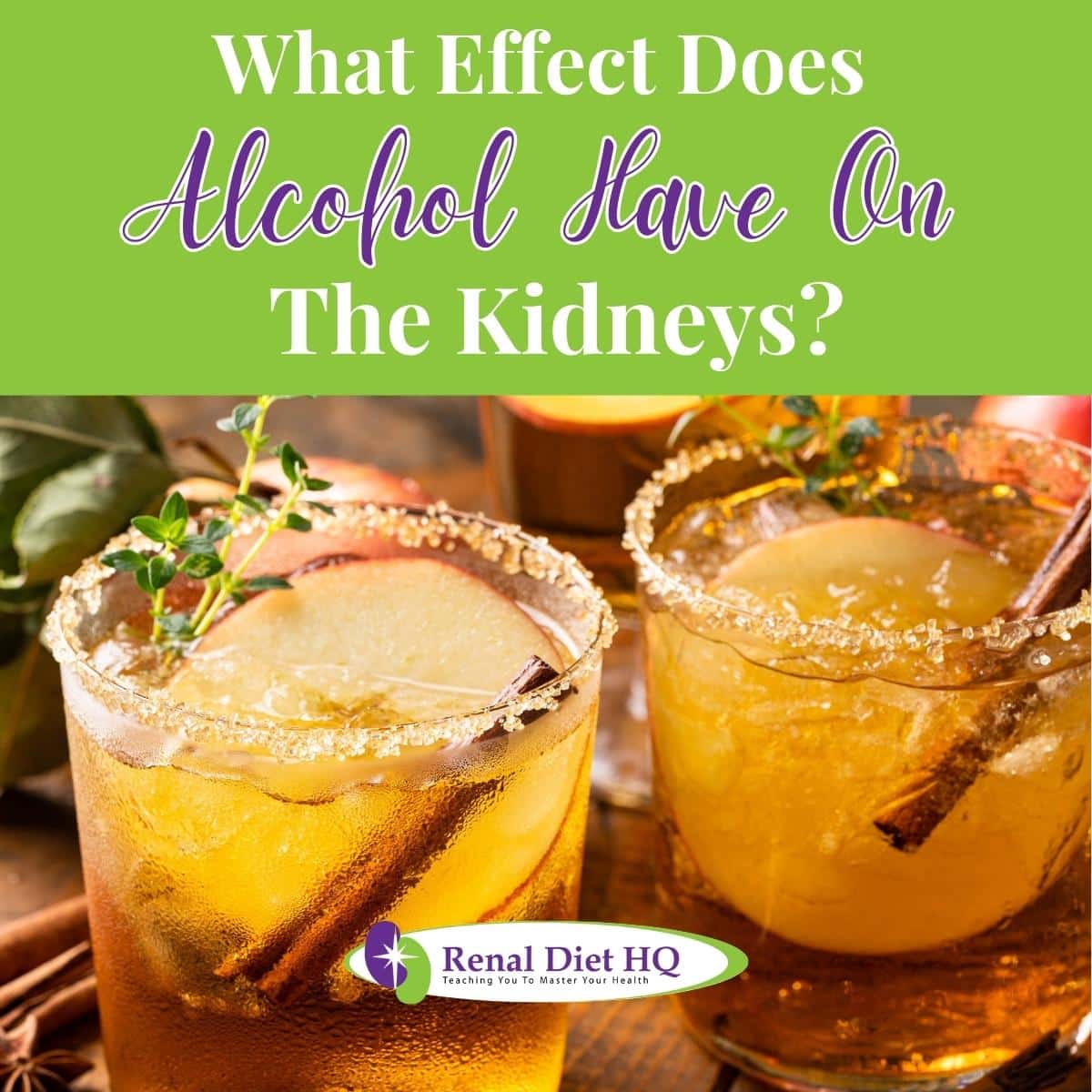
Alcohol is a toxin and its misuse can have devastating effects on the liver. Alcoholic liver disease (ALD) is a major cause of mortality worldwide. It is estimated to affect between 4% and 8% of people in the general population, but this number increases significantly among heavy drinkers.
The most severe form of ALD is cirrhosis, which occurs when scar tissue replaces healthy liver cells as a result of long-term alcohol abuse. Cirrhosis can lead to life-threatening complications such as jaundice, ascites (fluid build up in the abdomen), bleeding esophageal varices (blood vessels in the esophagus), encephalopathy (brain dysfunction due to reduced blood supply), and even death.
Another common form of ALD is alcoholic hepatitis, an inflammation of the liver caused by drinking too much alcohol over time. Symptoms include abdominal pain and discomfort, nausea, vomiting, weakness or fatigue, weight loss, yellowing skin and eyes (jaundice). You can learn more about kidney disease weight loss.
If left untreated it can lead to serious health problems including fibrosis (scarring) of the liver that may eventually progress to cirrhosis. When there is decrease in liver function, there is also decreased bile secretion into the small intestine and impairs absorption of fat-soluble vitamins such as Vitamin A, D, E and K leading to vitamin deficiencies which further compromise normal functioning of all organs.
Meanwhile, the presence of chronic inflammation in cirrhosis increases the risk of developing liver cancer. It's clear that consuming excessive amounts of alcohol puts you at risk for developing these potentially deadly diseases.
To protect your health it's best to drink responsibly or not at all; if you do choose to drink then be sure to keep within recommended guidelines set by both national and international organizations, and based on your current health condition.
What Effect Does Alcohol Have On The Kidneys?
Alcohol has a significant effect on the kidneys. In healthy individuals, moderate alcohol consumption rarely affects renal function in any negative way. However, when consumed excessively or by someone with existing kidney disease, alcohol can cause serious damage to the kidneys and other organs of the body.
The primary way that alcohol impacts the kidneys is through dehydration. Alcohol causes people to become more dehydrated than they would normally be because it inhibits the production of vasopressin, which helps regulate fluid balance in our bodies.
As a result, drinking too much alcohol leads to increased output of urine and excessive loss of water from the body—both factors that contribute to dehydration. You should also pay attention to water rich foods.
Dehydration weakens one’s ability to filter waste effectively as well as perform other important functions like regulating blood pressure levels resulting in an increase in creatinine levels, a marker for kidney injury.
Additionally, long-term heavy drinkers are at higher risk for developing hypertension (high blood pressure), diabetes mellitus and obesity – all conditions associated with an increased prevalence of kidney disease.
In sum, there are many harms associated with excess intake of alcohol especially when combined with pre-existing medical conditions like kidney disease.
Therefore if you have been diagnosed with kidney disease or suspect that your kidneys may be impacted by your drinking habits, then it's best to talk with your doctor about how much drinking is safe for you specifically based on your individual needs and health status.
How Does Alcohol Affect Blood Sugar Levels?
Alcohol can have a major impact on blood sugar levels, especially for those with diabetes. Drinking alcohol can lead to hypoglycemia or low blood sugar, which can be especially dangerous if left untreated.
It's important for diabetics to understand how their body responds to different types of alcoholic beverages and the effects that they may have on them. There is a kidney friendly diet for diabetics and it's important for you to understand how alcohol fits into that category!
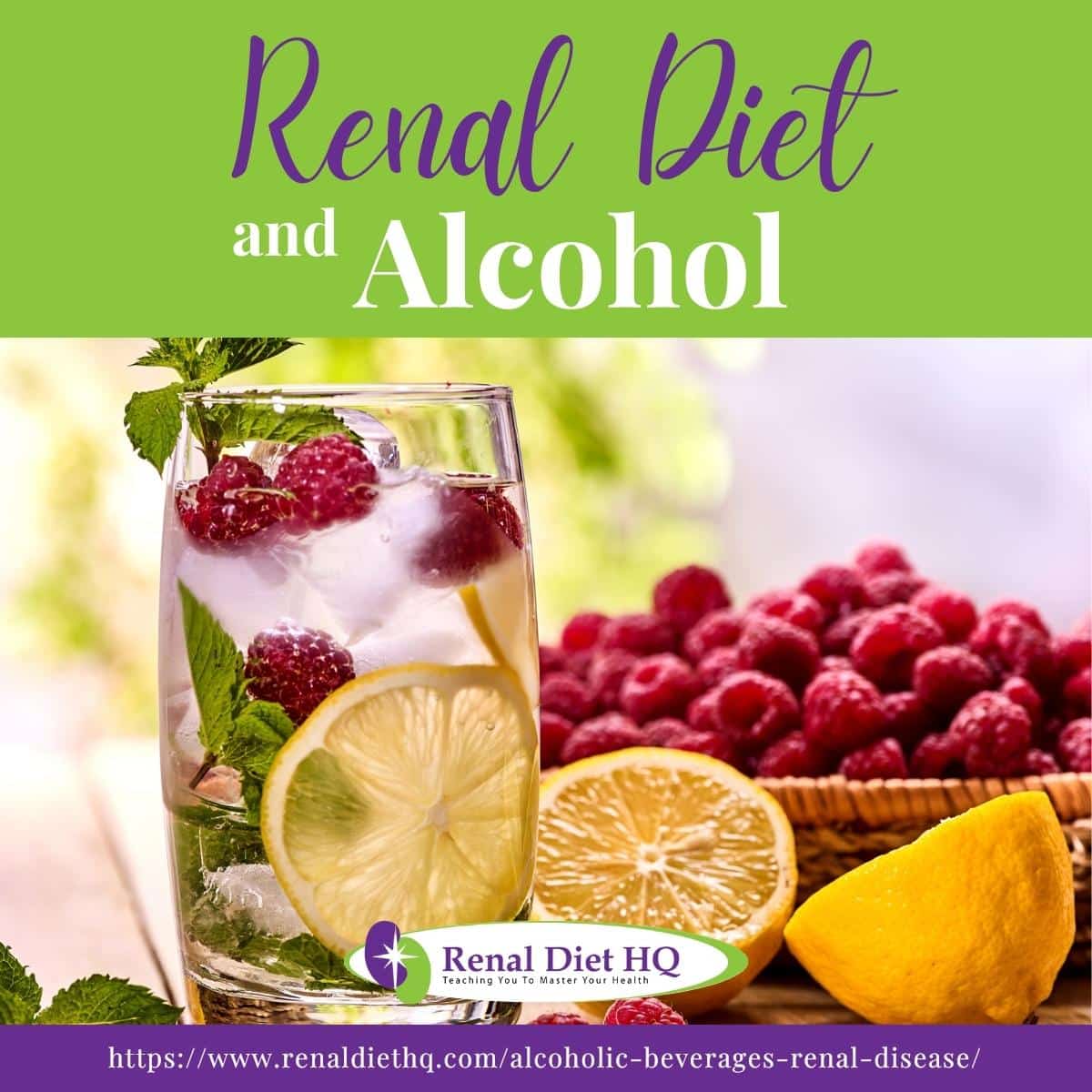
Alcohol affects our bodies differently depending on what type of beverage we drink. Beer contains carbohydrates which will raise your blood sugar levels while hard liquors such as whiskey or vodka contain little amounts of carbohydrates and instead tend to lower one’s blood sugar level quickly.
Wine also has small amounts of carbohydrates but is not recommended due to its higher alcohol content.
When drinking alcohol, it is essential that people with diabetes monitor their glucose levels closely and adjust medications accordingly. It is also recommended to be aware and regulate the amount you consume.
If you are taking medications, talk to your doctor before consuming any form of alcohol in order to ensure safe consumption practices and prevent complications from happening resulting from drug interactions. People should also try to limit the amount they consume so their blood sugars do not become too low or too high after drinking.
By understanding how drinking alcohol impacts the body’s ability to regulate glucose production, renal diabetic diet individuals can make informed decisions guided by health professionals regarding responsible consumption habits that support healthy living goals while still enjoying an occasional social drink.
How Much Potassium And Phosphorus In Wine?
It's no surprise that alcohol can affect your blood sugar levels, but what about its effect on important minerals like potassium and phosphorus?
With renal diets often cutting out most alcoholic beverages, it can be difficult to know how much of these two essential minerals are in wine. Fortunately, there is some research available that sheds light on this topic.
According to the US Department of Agriculture, a single serving of wine (5 fl oz) contains 26.5 milligrams of phosphorus and 104 milligrams of potassium. For reference, CKD patients are recommended to consume 800 milligrams of phosphorus and 2.7-31. milligrams of potassium per day.
It’s important to note however, that not all wines have the same mineral content – sparkling wines tend to contain slightly higher amounts than regular varieties.
When looking at different types and brands of wine, you should also consider other nutritional information such as calories and carbohydrates before making a decision. In addition, if you're following a specific renal diet plan then it’s always best to check with your physician first before considering consuming any type of alcoholic beverage.
Doing so will help ensure you stay within your dietary guidelines while still getting adequate amounts of crucial micronutrients like potassium and phosphorus.
Make sure you are taking the time to read up on tips for a low potassium diet! Knowledge is power in this diet.
How Much Potassium And Phosphorus In Beer?
When it comes to a renal diet, alcohol is typically not recommended. But if you are going to consume beer and other alcoholic beverages, there are important nutritional facts that you should know about first.
Below is a quick run-down of the potassium and phosphorus content in beer:
- Beer contains 92 milligrams of potassium and 38.9 milligrams of phosphorus per 12 fl oz serving
- Regular beer has more calories than light or non-alcoholic beers
- Darker beers tend to have higher amounts of minerals like magnesium, iron, zinc and copper compared to lighter colored beers
It's important for dialysis patients or those with kidney disease to pay attention to their daily intake of both potassium and phosphorus. The good news is that most types of beer contain very low levels of each nutrient.
However, some specialty craft brews may contain more since they often use ingredients such as grains and hops which can increase the mineral content. So be sure to check nutrition labels before indulging!
Overall, moderate consumption of beer can fit into a balanced renal diet plan - just make sure that you are guided by healthcare professionals and that you're aware of what type you’re drinking and how much.
Knowing the actual amount of minerals present in different types makes all the difference when making an informed decision regarding your diet.
How Much Is Considered One Serving Of Alcohol?
When it comes to alcohol, moderation is key. It’s important to understand the standard serving size of an alcoholic beverage when trying to keep your renal diet in check. Creating and consuming a daily renal diet menu plan is normal!
To ensure you’re not overdoing it on alcohol, let's take a look at how much is considered one serving.
- A single serving of beer, wine or hard liquor typically contains 0.6 ounces (14 grams) of pure alcohol and will usually fill up 12 ounces (355 ml) of space.
- So if you're drinking a can or bottle of beer that has 5% alcohol by volume (ABV), then there are roughly two servings per container.
- As for wine, five-ounce glasses normally have between 10%-14% ABV which means a typical 750ml bottle will contain about five servings.
- Lastly, most mixed drinks use 1.5 oz (44 ml) of 80 proof spirits like vodka or whiskey as its base so they would equal out to one serving as well.
Knowing these measurements can help you stay within the recommended amount of alcohol consumption each day.
The Dietary Guidelines for Americans recommend no more than two servings per day for men and only one for women due to the higher risk with certain health conditions such as diabetes and cardiovascular disease.
It's best to stick with this guideline if possible but make sure you consult with your doctor before changing any part of your diet regimen - especially when dealing with chronic kidney disease!
Ingredients In Drinks That Might Be A Problem For CKD Patients
It's important to note that alcohol can have an adverse effect on people with chronic kidney disease. Alcoholic beverages, such as beer and wine, contain high amounts of phosphorus.
Phosphorus is a mineral found in many foods, but when consumed in large quantities it can cause serious health problems for CKD patients.
High levels of phosphorus are especially dangerous since they interfere with the body’s ability to absorb calcium, which leads to weakened bones. This is a good time to ask yourself the question "when should I limit phosphorus with CKD?"
For this reason, those with CKD should be aware of what ingredients are present in drinks before consuming them. Many alcoholic beverages are made up of not only ethanol but also other components like sugar or added flavors that may contain high levels of phosphorus.
So while moderate consumption of beer and wine might be acceptable for some individuals with CKD, having too much could lead to complications over time due to the amount of phosphorus being ingested.
In addition, there are other types of drinks that might pose even greater risks for CKD patients because they often consist mostly or are flavored with sweeteners known as “simple sugars” like fructose and sucrose.
Both tend to raise blood glucose levels quickly and significantly after ingestion, which can further complicate matters for someone with CKD and diabetes. Therefore it’s best to avoid these altogether if possible.
Before drinking anything containing alcohol, always consult your doctor or nutritionist first so you can get guidance on how much is safe for you based on your individual condition and lifestyle factors.
With careful monitoring and adherence to guidelines specifically designed for those living with kidney disease, it is still possible to enjoy drinking while being safe and responsible.
Alcohol Interaction With Medications For People With Kidney Disease
The relationship between alcohol and medications for people with kidney disease is a complicated one. While moderate consumption of alcoholic beverages may be beneficial to health, drinking too much can either impede the effectiveness or cause prolonged action of certain drugs prescribed for renal disease sufferers.
It's important that those managing a renal diet food list understand how alcohol affects their medication management plan.
Below is an overview of some common drug interactions related to drinking while taking medications for kidney disease:
| Drug Type | Interaction With Alcohol | Effect |
| ACE | Increased blood pressure | Drinking more than recommended dose can cause headaches, dizziness, nausea |
| Pain Medication | Blunted pain relief | Poorer responses to analgesic agents High doses increase risk of ulcers |
| Diuretics | Increased water loss | Dehydration & increased risk of electrolyte imbalance |
As you can see from this table, there are many potential negative effects associated with combining alcohol and renal-disease medications. People should always check with their doctors before consuming any amount of alcoholic beverage when on these treatments.
Mixing alcohol with certain drugs could worsen existing medical conditions and lead to serious side effects or even death in extreme cases. Therefore it is best practice to avoid the combination altogether if possible.
Kidney patients must take extra care when choosing what they eat and drink as part of their daily routine.
Moderate drinkers should work closely with their healthcare professional about safe levels appropriate for them based on individual circumstances such as weight, age, current health status and other factors related to administering specific medications.
Ultimately only your doctor can tell you whether or not it is safe to enjoy a glass (or two) while taking your prescription medicine.
Long-Term Benefits Of Adopting A Healthy Lifestyle
Diet and lifestyle changes are among the major initial management strategies for renal patients. This includes following a renal diet plan, reducing or eliminating alcohol consumption, and doing regular physical activity.
These simple lifestyle changes can lead to remarkable results. Some potential effects of adopting a healthy lifestyle after being diagnosed with CKD include good blood pressure control, slowing of decline in kidney function, and a general sense of well being.
But it doesn't stop there - adopting these healthier habits has also shown to reduce risk factors for other illnesses such as heart disease, diabetes, stroke, and cancer.
The key is moderation – maintaining balance between nutrition and physical activity while limiting or eliminating unhealthy substances like cigarettes and excess alcohol intake.
By making small incremental changes over time, individuals can take control of their own health destiny in ways they never thought possible!
FAQs for Alcoholic Beverages and Kidney Disease
Drinking alcohol brings up a lot of questions for anyone, but especially those with kidney disease. Is it safe to consume? Should certain alcoholic beverages be avoided on a renal diet?
Understanding the effects and risks associated with drinking alcohol when following a pre-dialysis renal diet can help individuals make more informed decisions about their health.
Alcohol is processed by the liver to metabolize it into less toxic chemicals which can eventually be eliminated by the body. However, this doesn't mean that there are no adverse reactions or potential harm caused by drinking while following a renal diet.
Kidney disease affects how well toxins including alcohol are filtered out of your body - meaning they remain in your system longer and at higher concentrations. This increases the strain on your kidneys as they work harder to process the same amount of alcohol.
The best advice for anyone considering drinking who follows a renal diet is to speak with their medical care team first. An experienced healthcare provider will have an understanding of what type and amount of alcohol may be suitable given any individual's current condition and lifestyle habits.
It's important to remember that even if you do decide to drink, moderation should always be practiced - and even then only after consulting your doctor or another qualified healthcare professional.
This is an important question to consider if you or someone close to you has been diagnosed with chronic kidney disease. The answer is yes, as certain types of alcoholic beverages contain fewer proteins, phosphorus, sodium, and potassium—all of which can be difficult for those suffering from kidney issues to process.
Low-protein alcohols are ideal for people with a renal diet because they don't contain the same levels of protein found in other beers and wines. Low-sodium alcohol options like light beer and dry white wine provide individuals on a renal diet with lower amounts of salt compared to regular varieties.
Additionally, low-potassium alcoholic drinks such as vodka and gin make it easier for those living with CKD to enjoy a drink without putting their health at risk.
When dealing with kidney disease, it is essential that one takes care to choose the best type of alcoholic beverage possible. Fortunately, there are plenty of choices available!
The most important step is consulting with your healthcare team first, then thoroughly looking at nutrition labels of the beverages you plan to consume.
By doing research on different types of low-protein, low-phosphorus, low-sodium, and low-potassium alcohols before making purchases, individuals can continue enjoying an occasional glass while still taking the necessary steps to maintain their well being. Following a low sodium kidney diet does get simpler overtime!
The importance of reducing alcohol consumption when living with a kidney condition can’t be overstated. It's vital that people who have been diagnosed with kidney disease understand the impact it has on their overall health and wellbeing.
Cutting down or completely eliminating alcoholic beverages from your diet could help improve your quality of life and even prevent further complications associated with the illness.
There are several ways to start reducing your alcohol intake if you have kidney disease. Firstly, talk to your doctor about what type and amount of alcohol would be most suitable for you depending on the severity of your condition.
They may recommend certain strategies such as drinking lower-proof drinks like wine instead of spirits, avoiding mixing different types of alcoholic drinks, and limiting yourself to one drink per day.
Additionally, they may suggest making lifestyle changes such as engaging in more physical activity and eating healthy foods which will help reduce cravings for booze. Finally, try alternative activities like going out for renal diet coffee or taking up a hobby whenever you feel tempted to reach for an alcoholic beverage.
So don't let kidney disease stop you from leading a happy and healthy life - take steps today towards cutting back on alcohol consumption as advised by professionals.
With just a few small modifications in habits and lifestyle choices, anyone living with kidney disease can live well without compromising their health!
Are There Any Alcoholic Drinks That Are High In Protein?
For CKD patients on dialysis, increased protein intake in the ckd meal plan is a must. Hence, one might be interested to know if drinking alcohol can also help in having adequate protein consumption.
The most obvious choice is to look for high-protein alcoholic beverages or beer and wine that contain more protein than their typical counterparts. For example, many craft beers now offer higher amounts of protein due to the use of special ingredients such as oats, wheat, and rye grains.
Likewise, certain wines may be made with grapes that have been specifically cultivated to produce more body and flavor while providing healthier amounts of protein.
In addition to these specialized varieties, there are also numerous other ways of enjoying alcoholic beverages without sacrificing too much nutrition:
* Cocktails: When making cocktails at home, it’s possible to add extra ingredients like whey powder or Greek yogurt for CKD patients which can increase the overall amount of protein per serving significantly.
* Many popular cocktail recipes already include items like cream or egg whites which can also provide additional sources of nourishment when enjoyed responsibly.
* Beer Alternatives: There are several brands of low-alcohol beer on the market that typically contain fewer calories yet still pack plenty of protein punch – around 5 grams per bottle!
* Similarly, non-alcoholic malt beverages often come packed with nearly twice as much protein as regular lagers (about 10 grams) but without the added risk associated with drinking alcohol in excess.
Ultimately, it's important to remember that moderation is key whether you're consuming traditional beer/wine or looking for alternative options with larger doses of protein.
And although no single beverage will completely offset all nutritional deficiencies caused by excessive drinking habits, taking advantage of different types of alcoholic beverages with higher levels of proteins can help make up for lost vitamins and minerals over time - especially if consumed within recommended limits.
When it comes to managing kidney disease, many people are keenly interested in the potential long-term health benefits that come from reducing alcohol intake.
While for some individuals, abstaining from drinking altogether may be the best course of action, others have wondered if there is a way to reduce their consumption without sacrificing all of the social and mental benefits associated with moderate amounts of alcohol.
In order to assess the impact on one's health when it comes to reducing alcohol intake, it's important to understand how kidney disease affects different body systems.
When someone has impaired kidney function, certain metabolic processes can become overburdened or altered due to an inability to process waste products efficiently.
This can lead to electrolyte imbalances which could cause severe symptoms such as nausea and dizziness. Furthermore, excess fluid retention can occur when the kidneys struggle to filter out liquids properly.
For those living with chronic kidney disease looking at cutting back their drinking habits, there are several potential benefits to health that arise from reduced consumption. There are diet changes by stage of Chronic Kidney Disease, so make sure you pay attention to those!
Studies have shown that even modest reductions in alcohol consumption can help improve blood pressure levels and reduce inflammation throughout the body.
Additionally, decreasing alcoholic beverages helps support better digestive functioning by providing additional time for food breakdown and absorption within the intestine.
Finally, lessening alcohol intake decreases stress hormones in the body while promoting more restful sleep patterns - both of which can have positive effects on overall well-being in those suffering from kidney disease.
The decision of whether or not to reduce one’s drinking should always be made after careful consideration alongside medical professionals who know your specific condition and lifestyle needs best.
With this said, understanding just how beneficial lowering daily intakes of alcohol can be is key for anyone wanting to make healthy changes towards long-term health while still allowing themselves occasional indulgences with friends and family members responsibly.
Here are some things to keep in mind when consuming alcohol even when you have CKD.
Stage of Illness
If you are in the earlier stages of renal disease, it is considered safe for you to consume alcohol. There are renal diet restrictions by stage of CKD.
If you are in the later stages of renal disease, especially if you are on dialysis, it may not be recommended for you to have alcoholic beverages.
Your nephrologist (kidney doctor) may allow it, but it will need to be counted towards your total daily fluid intake.
Medications
Talk to your doctor and pharmacist about drinking alcohol with your prescribed medications. It may be unsafe to drink with certain prescriptions. Some medications can cause your blood alcohol levels to rise too quickly, which could end up being dangerous.
Ingredients
Aside from wine and beer, pay attention to the ingredients in your alcoholic beverages. Some mixed drinks may have ingredients that are not healthy for kidney disease patients.
A “Bloody Mary”, for example, is likely to be high in sodium and potassium, both of which can be unhealthy for kidney disease. You are better off sticking to wine or light beer.
Amount
The amount you drink is also very important. One or two drinks is usually the maximum recommended amount to drink per day. One drink typically means 12 ounces of beer, 5 ounces of wine, or one shot of liquor (1.5 ounces).
Take “Drink Moderately” More Seriously If You Have CKD
It is clear that drinking alcohol on a renal diet can be risky for people with kidney disease. The best approach is to reduce or eliminate alcohol intake, as this will help protect against long-term health complications associated with the condition.
It's important to remember, however, that there are certain alcoholic drinks which are lower in calories and contain beneficial nutrients like protein which may be relatively safer to consume.
Still, some may argue that reducing their alcohol consumption could lead to other issues such as increased stress levels or social isolation. While these concerns should not be taken lightly, it's also important to remember that decreasing one’s alcohol intake offers many benefits for those suffering from chronic kidney disease as alcohol can be increasingly toxic to the body if you have reduced kidney function.
Overall, if you have kidney disease and think you need to cut back on your drinking habits, it's certainly worth considering. Doing so can provide numerous long-term health benefits while still allowing you to enjoy an occasional drink without putting your health in peril.



